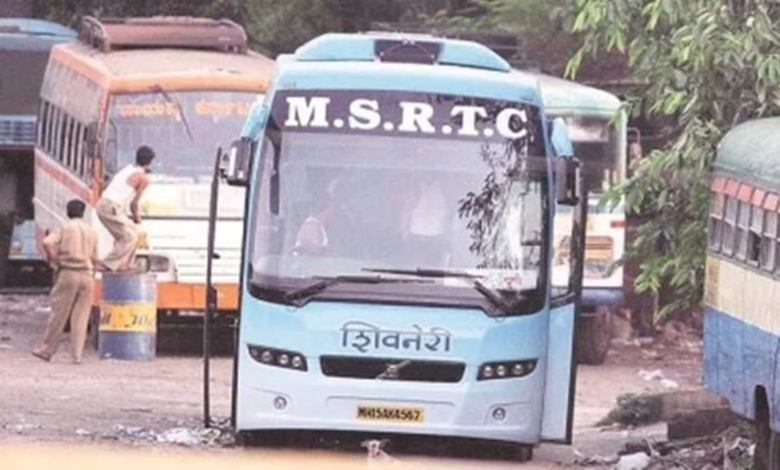MSRTC to Purchase 20,000 Hybrid Buses Over Four Years
Currently, all state transport buses operate on diesel, constituting 34% of MSRTC's annual expenditure


Mumbai, October 2023 — In a major step towards cleaner public transport, Maharashtra’s transport department said that from next year, all new acquisitions of state transport (ST) buses will be hybrid fuel-powered, running on a mix of compressed natural gas (CNG) or liquefied natural gas (LNG) and diesel. The move is to reduce pollution and save fuel costs for the Maharashtra State Road Transport Corporation (MSRTC).
Transport Minister Pratap Sarnaik announced that MSRTC is going to purchase 20,000 hybrid buses in four years starting from 2026, with a yearly addition of 5,000 buses. The plan was decided at a recent transport department meeting on Friday.
All ST buses now operate on diesel alone, which forms about 34% of MSRTC’s overall annual expense. The corporation uses around 1.07 million liters of diesel per year, with the cost amounting to about ₹34,000 crore. Going for hybrid buses should reduce fuel expenses considerably, with MSRTC saving around ₹235 crore a year.
Sarnaik clarified that the hybrid buses will run primarily on LNG and CNG, both of which are cleaner and less expensive than diesel. A deal has been inked with Kings Gas, a distribution firm, to provide LNG at prices 20% lower than the prevailing diesel rates, further encouraging this transition.
“The choice was arrived at based on the comparison of fuel expenses and levels of pollution,” Sarnaik explained. “We will begin with procuring 5,000 diesel buses this year, but from next year onwards, we will only buy hybrid buses every year to achieve our goal of 20,000 within four years.”
To enable this transition, the government of Maharashtra will provide LNG fueling stations in 90 points of the state, and Mahanagar Gas will set up 20 CNG pumps.With these fueling stations up and running, it will allow MSRTC’s fleet to shift to cleaner fuels.
According to Sarnaik, the hybrid buses will be run primarily on LNG and CNG, with a mileage of 5 to 5.5 km per liter, compared to only 4 km per liter for conventional diesel buses. In case of emergencies, drivers will switch over to diesel to ensure passenger comfort and continuity of operations.
This move is bound to not only minimize the state’s public transport system’s environmental impact but also help to save a lot of fuel expenses, which aligns with the state’s overall vision for pollution prevention and sustainable development.






